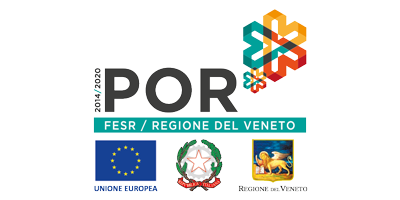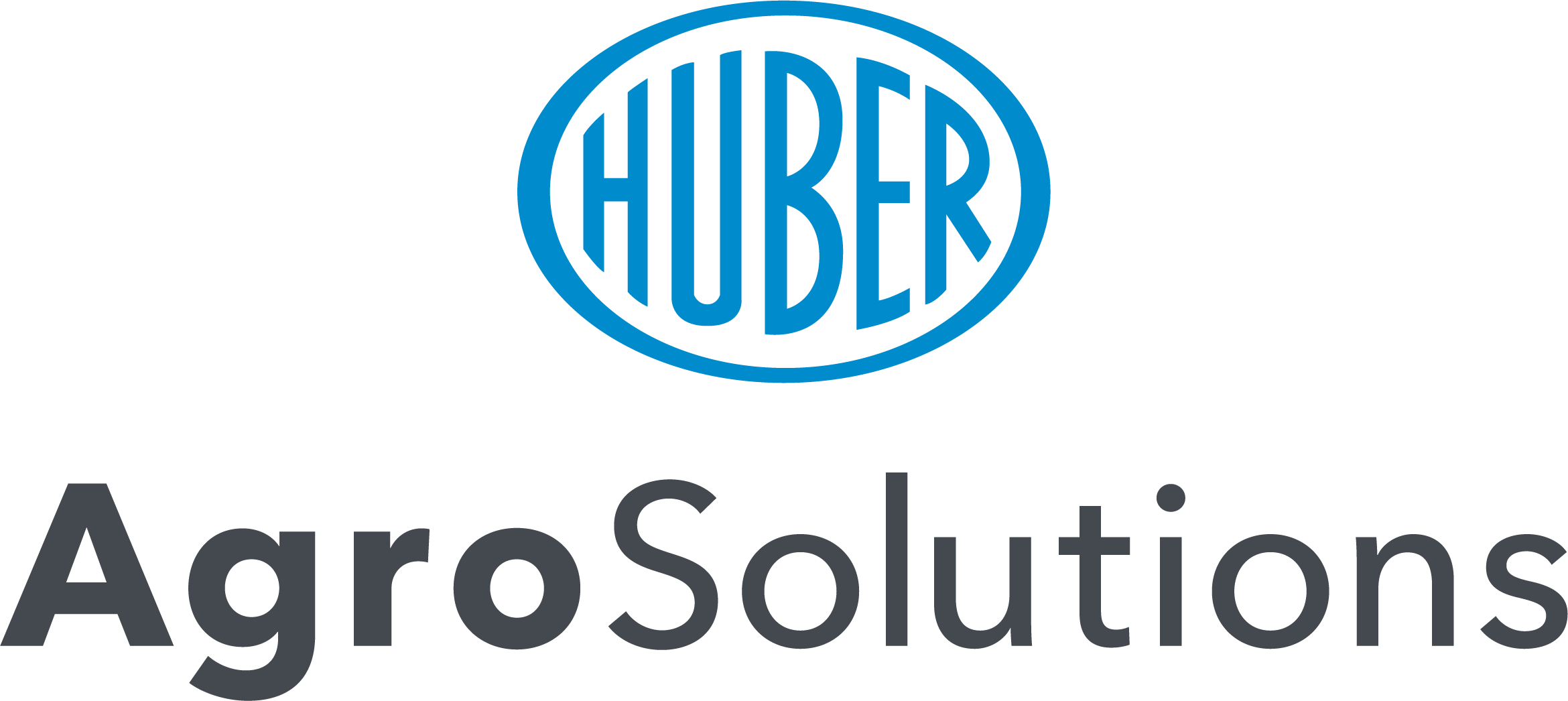Editorials
ILSA approves its annual financial statements 2018
19/07/2019
(Arzignano, VI, Italy) The annual financial statements for the year ended 31 December 2018 have been approved by the ILSA Board of Directors. The net profit is currently at 1,609,101 euros as compared to 1,070,900 at 31 December 2017. EBIT is at 2.31 million for ILSA and 0.55 for the subsidiary ILSA Mediterraneo, (compared to 1.9 and 0.29 million euros at 31 December 2017). Value of production is at 24.5 million with an increase of 1.5 million when compared to the previous closing. Notably, 62% of sales come from sales of ILSA-branded products and services and 38% from industrial sales.
Overall EBITDA (ILSA SPA and ILSA MEDITERRANEO SPA) increased from 3.4 million to 4 million euros with a positive percentage progression that went up from 15% to 17% compared to turnover.
Thus, the growth number and the confirmation that the business plan shared with the management of the Biolchim Group, of which ILSA is a part, is proving to be correct. In particular, the company favoured special and innovative products over conventional ones through a process of rationalization of product lines, which has contributed to the improvement of overall margins.
This has imparted a further advantage to the Venetian company in the form of increased attention to research and development activities, strategic for the creation of innovative formulations for highly efficient and sustainable agriculture. ILSA, founded in 1956, is currently among the world’s leading brands in the field of biotechnologies applied to the agricultural sector and uses advanced extractive techniques such as enzymatic hydrolysis and supercritical CO2. Starting from renewable sources and by-products of both animal and vegetable origin, it produces close to 100,000 tons of fertilizers and special products each year, both solid and liquid.
ILSA is also one of the world leading groups in the field of biostimulants, special natural origin products that allow crops to respond better to different stress, thanks to their impact on the secondary metabolism of plants. They are certain strategic technical means for modern agriculture that is required to support global population growth on equal cultivated land.
ILSA is present in 80 countries worldwide.
The ILSA group consists of the parent company with headquarters in Arzignano (VI) and the subsidiary ILSA Mediterraneo, based in Molfetta (BA). The two Italian companies employ a total of 67 people. In addition, there are two related companies in South America: ILSA Brasil (Rio Grande do Sul, Brazil) which has 55 employees and ECR (Santiago, Chile) which employs 13 people.
Among the 2018 investments, of particular importance is the complete replacement of packaging lines for solid products, now completely robotized and the commencement of work of the construction of the second factory in Brazil. These interventions, coupled with the upgrading of the Arzignano production lines to be completed by the end of July 2019, will increase the total production capacity to 140,000 tons / year.
The members of the Board of Directors are:
- Paolo Girelli (CEO)
- Barbara Piona
- Leonardo Valenti
- Marco De Simoni
- Philippe Bernard Herve’ Guerin
Containment of energy costs is a strategic aspect of ILSA management. From this point of view, the company is UNI EN ISO 50001: 2011 certified and its performance over the seven energy management indicators remains excellent in the period considered.
For over 10 years, ILSA has been awarded the UNI EN ISO 14001: 2004 environmental certification and has also created the PEF / OEF Product and Organization Environmental Footprint study, thereby creating best practices in controlling the typical environmental footprint of thermal and enzymatic hydrolysis processes and in the agricultural sector.
Among future objectives, ILSA certainly has the task of diversifying the business and developing products for new sectors that will complement the agricultural sector. The challenge has begun and the Research Centre is already in full swing. The first innovations are expected to take place by the end of 2019.

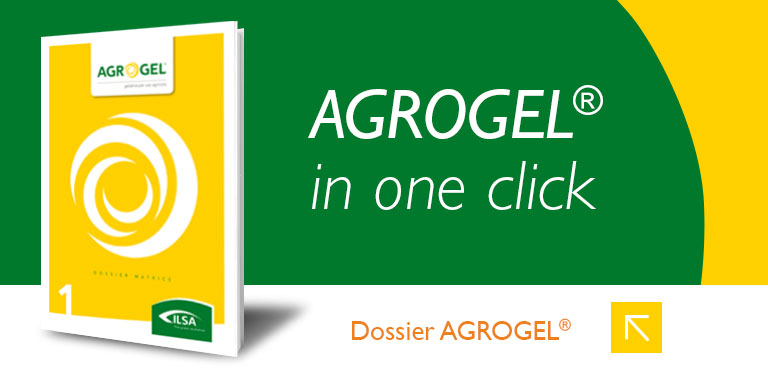
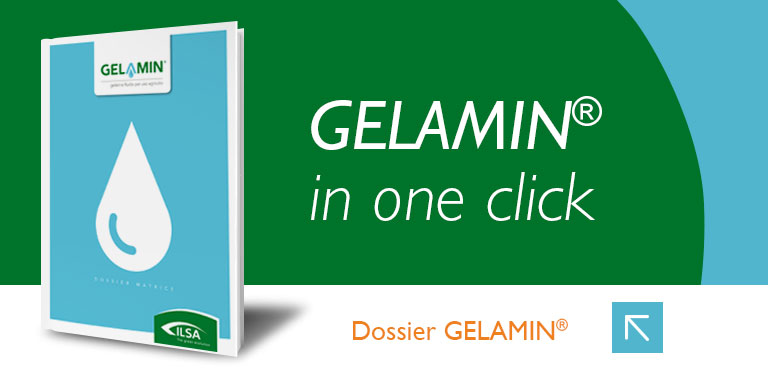
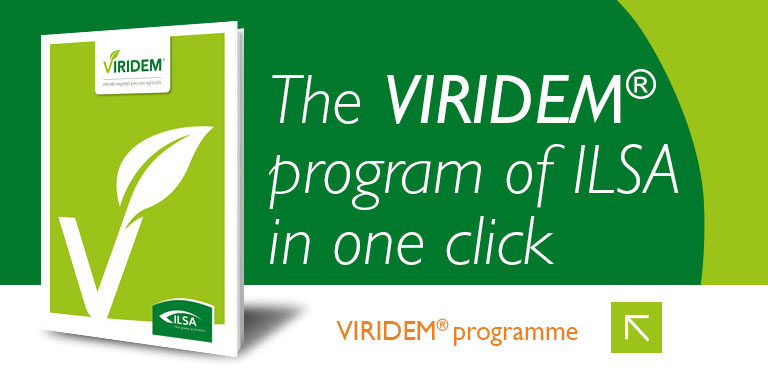

.png)
